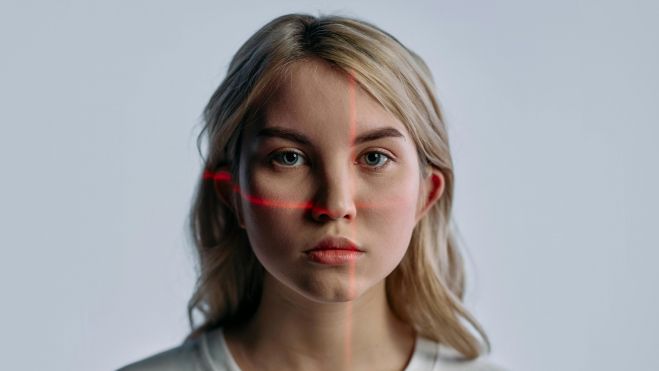The revolution of AI: advance or threat?
Artificial intelligence is present in almost every aspect of our daily lives, transforming the way we interact with the world. It is the one who recommends the next series to watch (and, let's be honest, it rarely fails) or who organises our agenda with its virtual assistants.
It is incredible how this technology has integrated so fast and easily in our day in day out, contributing us a lot of advantages, but also fears that can not ignore. In fact, the Report Panorama by Kantar of the third quarter of 2024* concludes that the perception of the IA is mostly negative. Surprising, no?
More than half of respondents are concerned about the dehumanisation of services and the vulnerability of data privacy. So much so that there are more and more initiatives in the digital environment that seek to protect privacy: from eliminating locations in social network publications, publishing content with a lot of zoom so that the location cannot be perceived, creating cryptic galleries, using fictitious aliases to avoid being located on the Internet, to having two Instagram accounts for friends who are more or less close. Generation Z, one of the most concerned with this issue, is showing great creativity in protecting their privacy.
And what are the most valued aspects of AI? Going back to Kantar's report, respondents value its role as a driver of innovation processes as well as productivity. In addition, healthcare, education and media are the sectors where consumers believe AI can improve their lives most significantly, so they may have the least resistance to its introduction.
The AI in health sector
In the healthcare sector, specifically in the pharmaceutical industry, the expansion of AI has achieved important advances such as predicting the efficacy of potential compounds that have become new drugs; improving efficiency in the supply chain; personalising consumer experiences... among many others.
The same has happened in the dermo-cosmetics category, which I know first-hand. I'm sure you are familiar with smart devices that provide personalised skin diagnostics, or track skin condition after a skincare routine. There are also chatbots that provide information about active ingredients or answer questions about the benefits of certain products, how to use them... No question can resist them.
The truth is that, in the world of dermo-cosmetics, AI accompanies us, informs us and empowers us. Thanks to it and all its applications, we can get to know our skin perfectly, analyse its deficiencies and discover the active ingredients it needs to look healthier. A couple of clicks and the uploading of a selfie is all it takes. All instantly, without even leaving the sofa, and with the assurance that a dermo-cosmetic brand endorses this information. But not everything is idyllic with AI, and even less so when it has the power to define the concept of beauty.

Desmitificando The digital beauty
In recent years there has been a lot of talk about digital beauty referring to aesthetics created by AI tools: applications that generate visual content according to aesthetic trends, filters, the editing of facial features...
This use of AI is useful because it speeds up and economises the process of creating communication campaigns for brands that can generate product images or before/after content in just a few minutes. We say goodbye to large 2 and 3 day productions to generate model, skin and product photographic material. However, it also raises an interesting and much needed debate about authenticity and beauty standards. Is AI setting unattainable beauty standards? Should we allow it to transform the way we perceive beauty? What role do dermo-cosmetic brands play?
Although I don't have answers to all these questions, I find it interesting to share with you some of my thoughts. The first is that digital beauty should never win the battle against real beauty. I know it's complicated because all the images used by dermo-cosmetics brands have some kind of editing: removing imperfections, brightening the face, improving skin texture.... We are all aware of this and, to a certain extent, have accepted it. However, these are edits on real women, whereas AI-generated images are based on an unrealistic and idealised aesthetic that can have a direct effect on the well-being, self-esteem and body perception of many women who may feel pressured to meet unattainable standards.
The second reflection is that AI should not have the power to define beauty. It is essential that brands are transparent about the use of technology and focus on giving visibility to beauty in all its forms and colours. Especially in today's landscape with the amplification of social media that makes these images spread faster and reach a global audience.
Ultimately, I believe that leading brands in the dermo-cosmetics sector have an inherent responsibility to promote a positive, healthy and inclusive image of beauty. Only then, by questioning the risks involved in the use of AI, will we be prepared to take advantage of its benefits and be able to use it appropriately.
